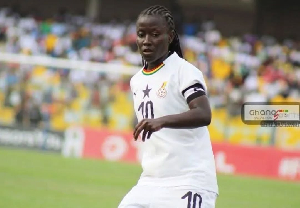Businesses in Malawi are wary of potential violence and disruption that could follow next week’s ruling on the contested presidential election narrowly won by President Peter Mutharika.
A notice from the Constitutional Court said the ruling will be delivered on Monday February 3 at nine am (0700 GMT) in the capital Lilongwe.
Mutharika secured his second term in office with just 38.5 percent of the ballots cast, and 159,000 votes more than his closest rival Chakwera.
That victory unleashed nationwide demonstrations demanding the sacking of the electoral commission chief and a marathon court case.
The petition
Alleging rigging, the main opposition leader Lazarus Chakwera of the Malawi Congress Party (MCP), petitioned the court claiming he was robbed of victory at the May 21 vote.
He asked the court to annul the results.
His legal challenge was supported by another opposition party the United Transformation Movement (UTM).
For close to six months, the court sat in Lilongwe hearing evidence from more than a dozen witnesses.
But the case was marred by allegations of attempts to bribe judges hearing the legal challenge.
A prominent businessman and banker was last week briefly arrested allegedly trying to bribe the judges.
Worried
The BBC reported on Wednesday that several boarding schools had closed and sent their pupils back home, saying there may be violence after the verdict is announced.
Bus companies have also issued notices saying they will not be open for business on the day of judgement.
The information minister, Dora Siliya urged calm, reassuring the populace that government would secure all citizens and their property.
Presidential election results have never been challenged in court in the aid-dependent country since independence from Britain in 1964.
Africa News of Wednesday, 29 January 2020
Source: africanews.com













